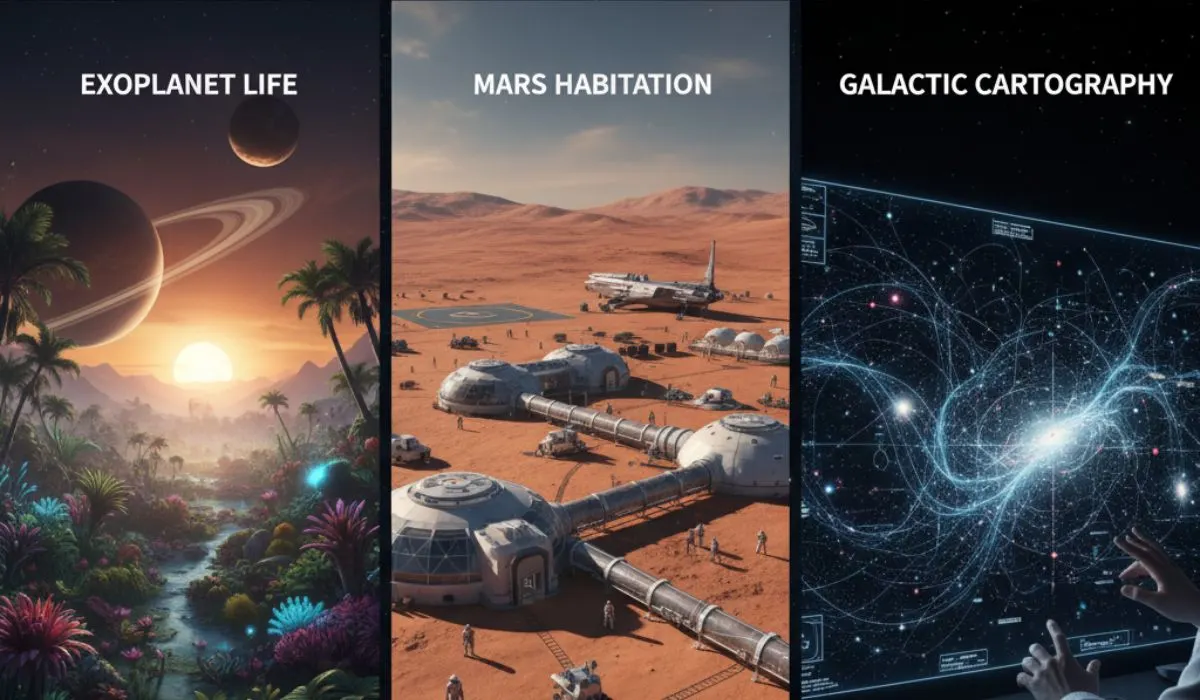
Human interest has continuously driven us to investigate the universe. From the beginning with adaptive perceptions to the most recent interstellar missions, space investigation proceeds to thrust the boundaries of
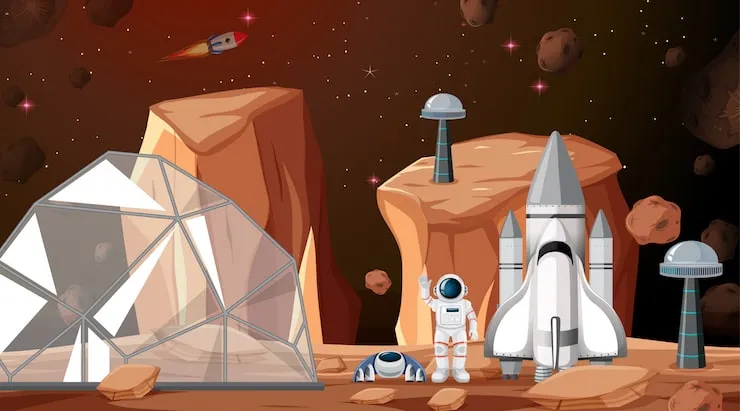
Have you ever seen a shooting star and made a wish? Envision if you seem hold a piece of another planet in your hand. That’s not fair a dream any longer. It’s the objective of one of the most energizing space ventures ever: the Mars Sample Return Mission USA. This mission is like a infinite treasure chase. Researchers here in the Joined together States are joining up with companions from around the world. Their objective? To send robots to Defaces, collect uncommon rocks and soil, and bring them securely back to Earth. Why go to all that inconvenience? Since these tests are the key to opening Mars’ greatest insider facts. Did life ever exist there? What can its history instruct us around our claim planet? Let’s impact off and learn all approximately it! What is a Defaces Test Return Mission? In basic terms, it’s a mission to collect Martian tests and bring them domestic.

Human interest has continuously driven us to investigate the universe. From the beginning with adaptive perceptions to the most recent interstellar missions, space investigation proceeds to thrust the boundaries of
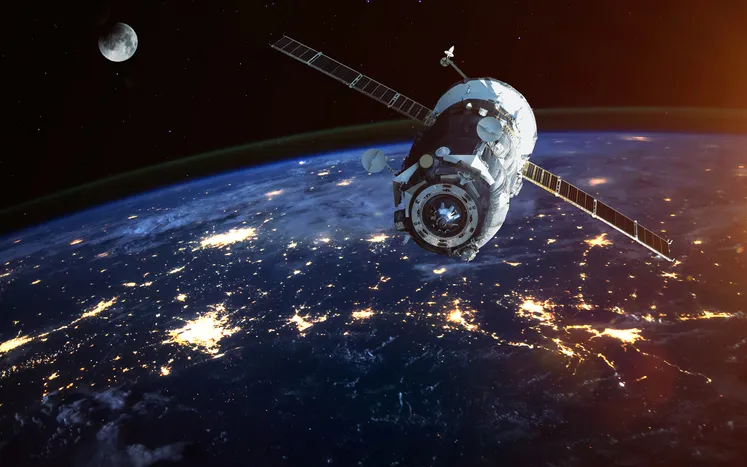
Satellites have changed the way we live, from empowering moment communication to making a difference estimate climate, track climate alter, and direct route frameworks. At the center of this change
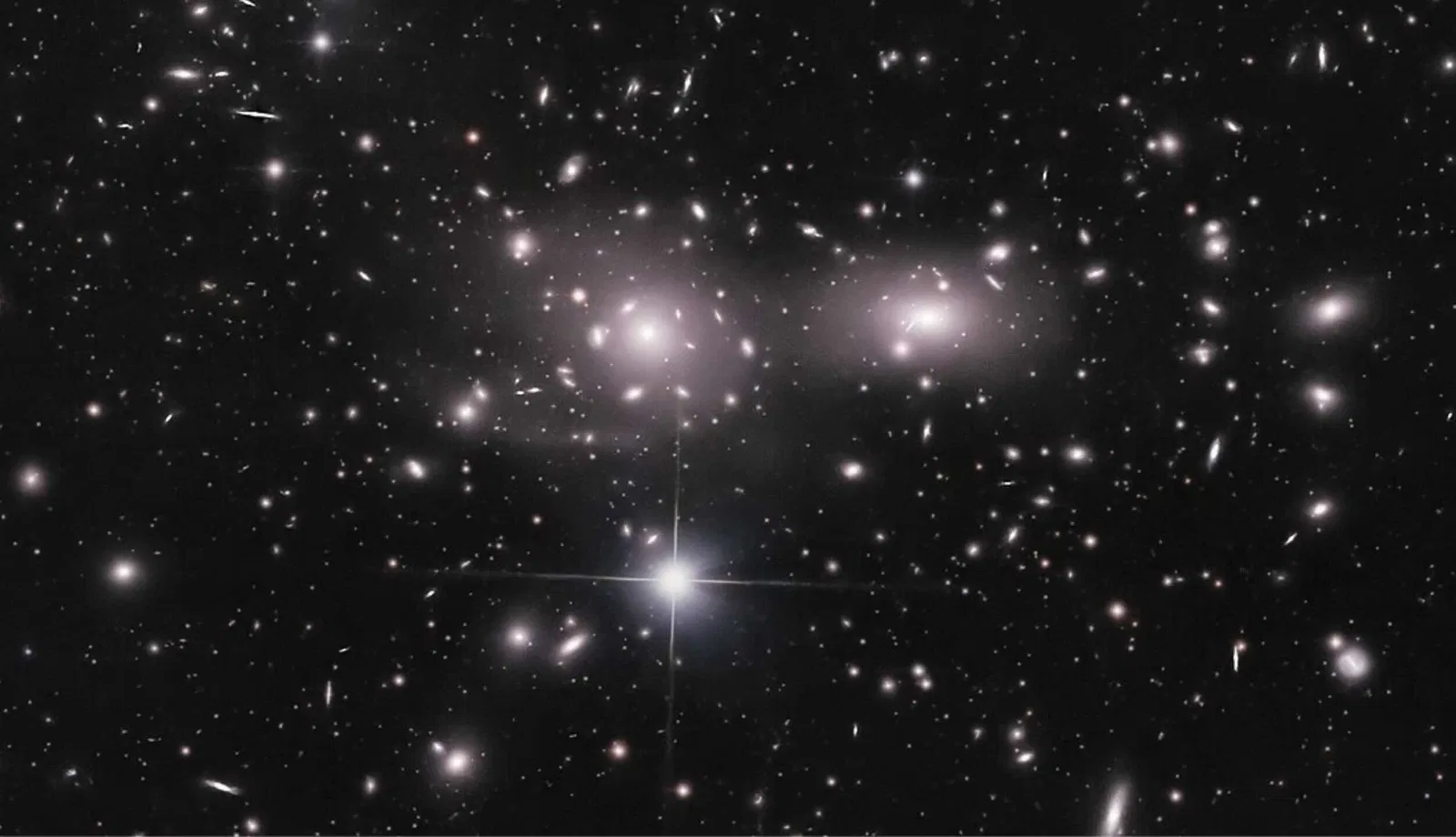
New data shows that the Coma Cluster of galaxies appears 38 million light-years closer than it ought to be to us. Scientists struggle today to precisely measure how fast the universe
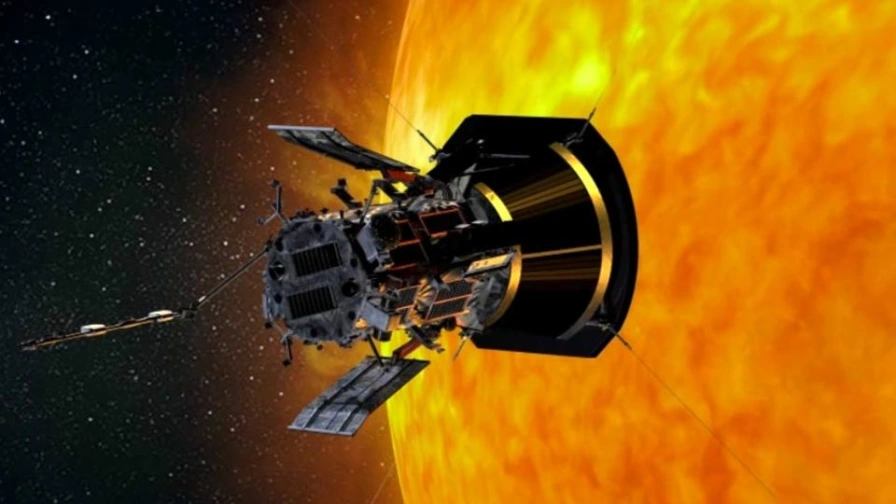
The daring NASA spacecraft achieved its closest-ever visit to the sun at 6:53 a.m. EST (1153 GMT) on Christmas Eve (Dec. 24). When you purchase using links on our site, we
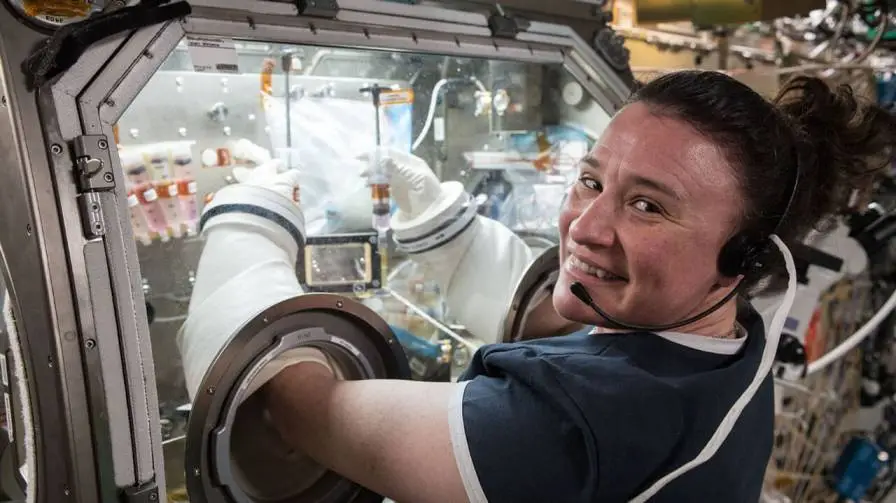
Of persons born in the UK in 1961, roughly one in two will acquire cancer during their lifetime. Cancer rates are anticipated to climb by 2% to reach 506,000 new

Because of a legislation that forbids federal regulation of commercial space ventures, the answer is currently "no." Because of this, the public and those who decide to travel to space might
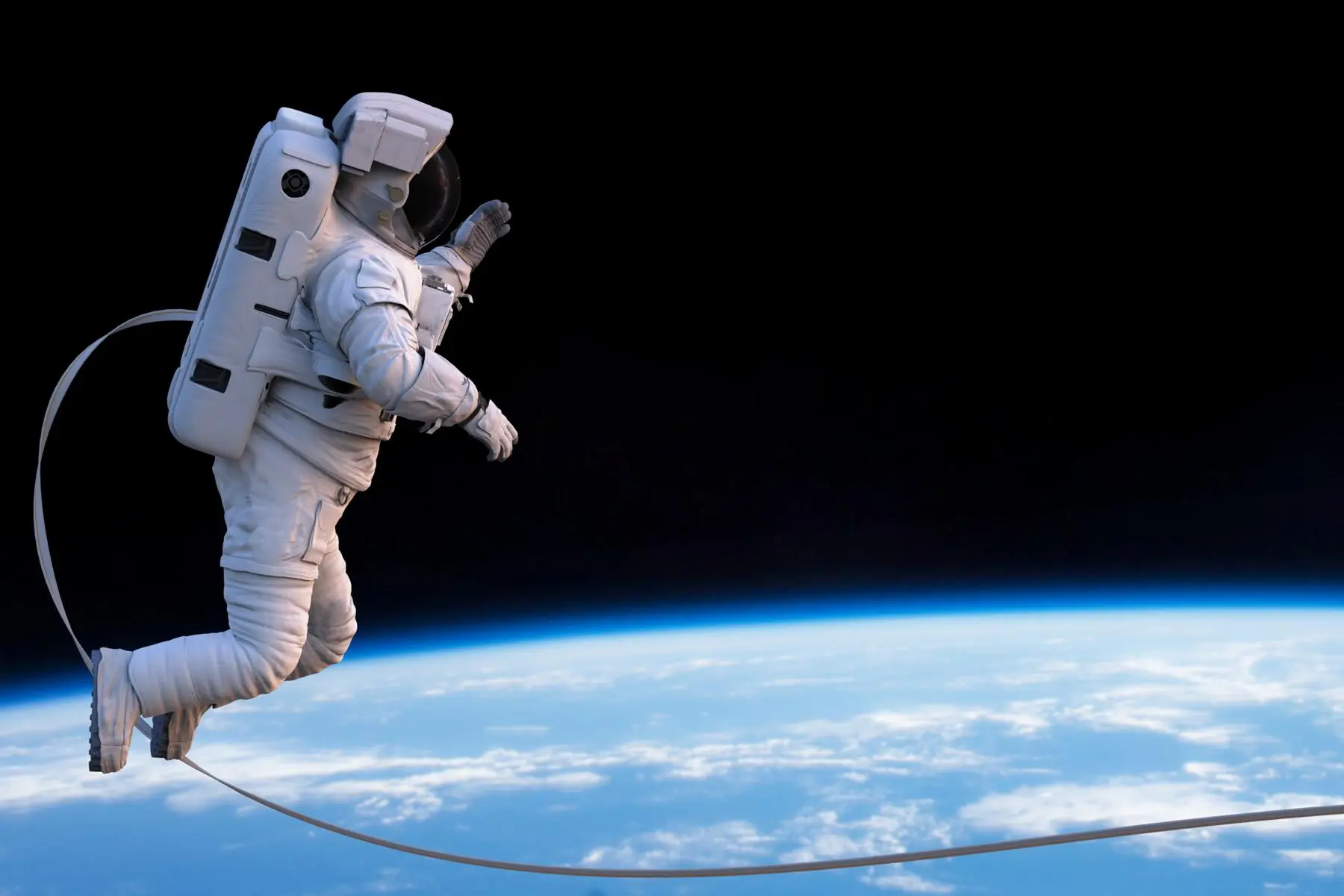
It wasn't always the case that astronauts would frequently travel to space. This blog offers a quick overview of the development of human spaceflight history and speculates on possible future

Did you know that humans are more like jellyfish than we previously thought? Scientists, sparkling with enthusiasm for space exploration were keen to discover how exactly micro-gravity would effect human

While only a chosen few have had personal space, space exploration has helped all of mankind flourish. Humanity has been engaged in space for more than 50 years; although the number
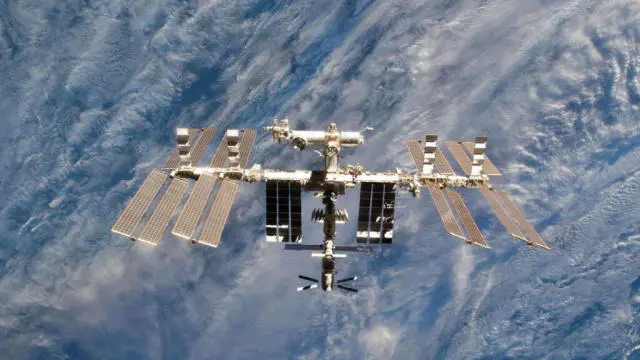
An amount of $843 million is being paid to the corporation in order to construct a rocket that would "deorbit" the space station. A contract for $843 million has just been
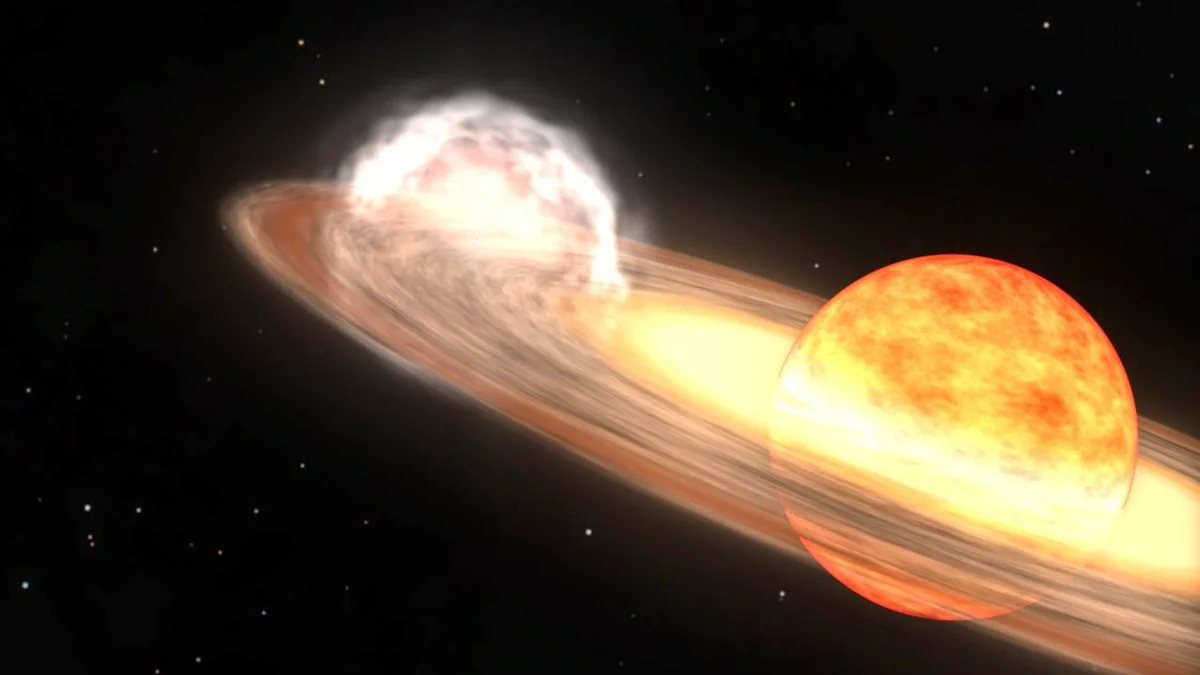
Sometime between now and the end of the year, a big star explosion is likely going to glow in the night sky. This outburst, dubbed a nova, is projected to
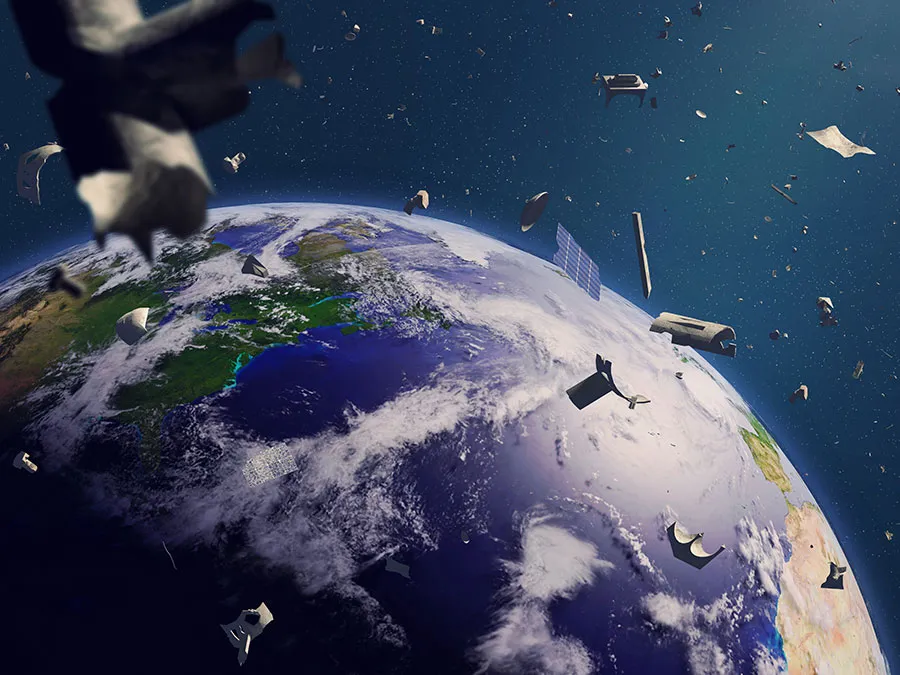
The capital, Washington, The conclusion of a NASA report was that reducing the duration of satellites' stays in orbit following the conclusion of their missions is among the most economically
.jpg)
A ground-breaking partnership between NASA (National Aeronautics and Space Administration) and ISRO (Indian Space Research Organization) is the NASA-ISRO SAR (NISAR) program. Using cutting-edge radar imaging technology, this collaborative Earth-observing

On April 8, 2024, a total solar eclipse will span North America, passing through portions of 15 U.S. states. Astronomers can view the major event when and when it is